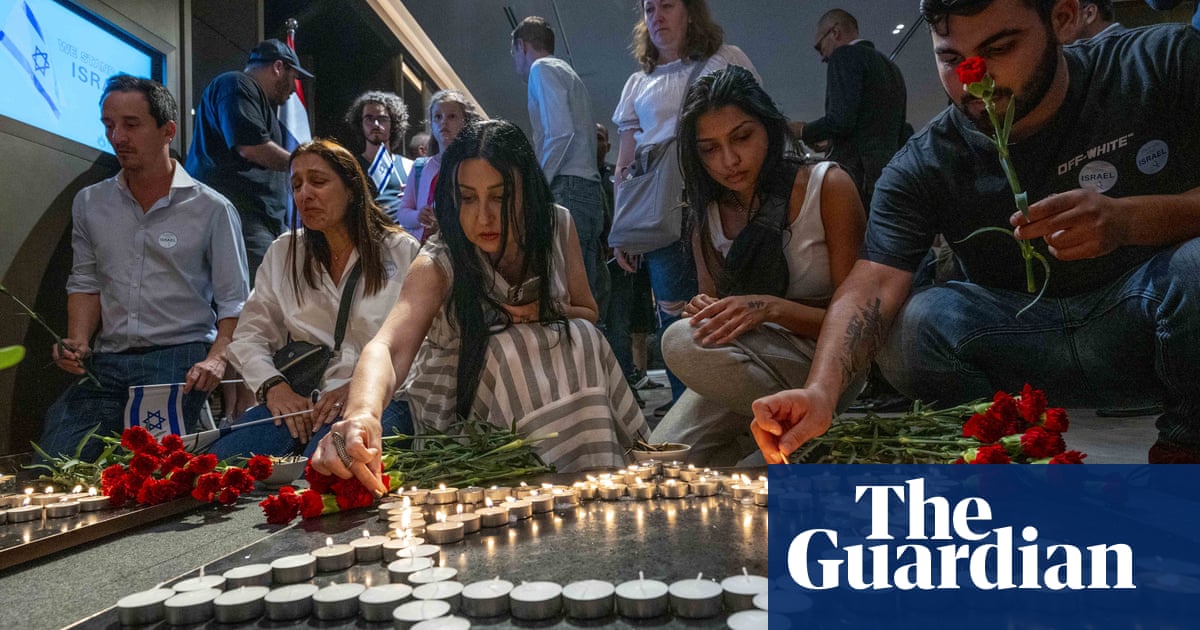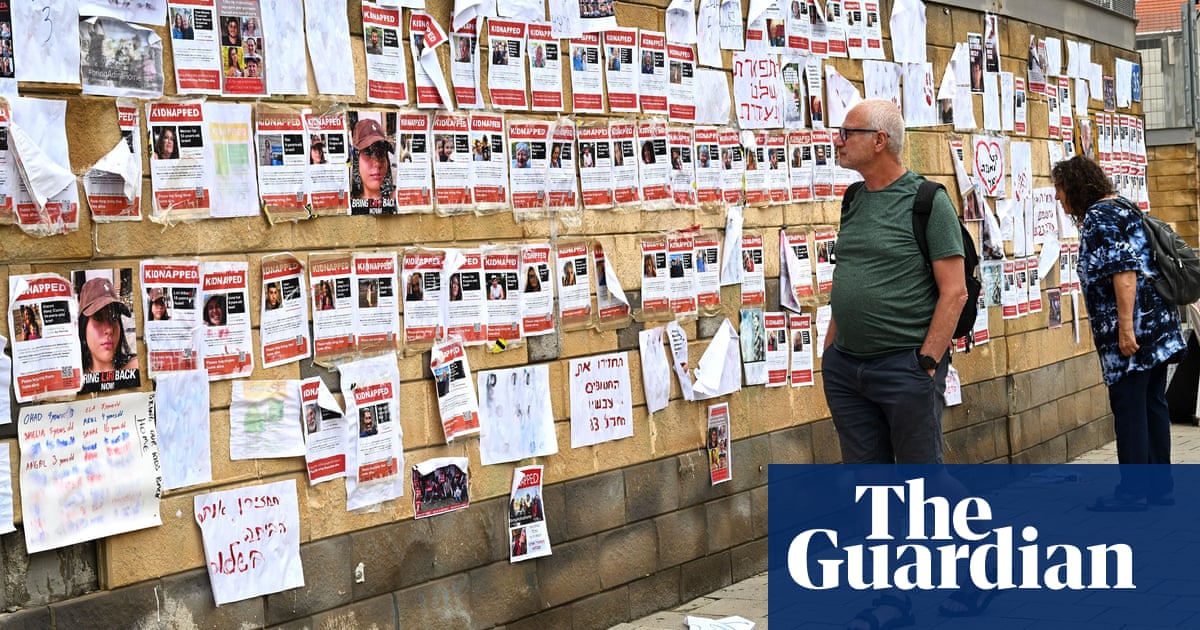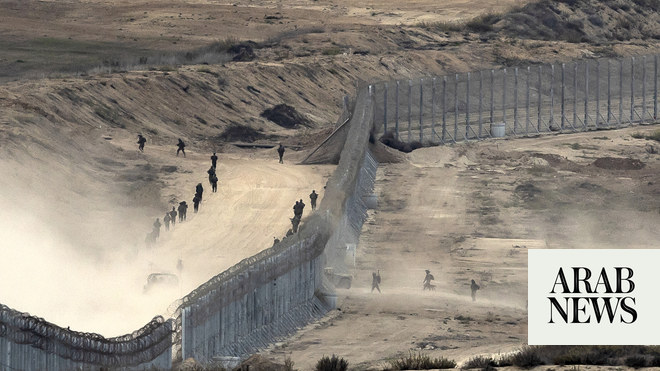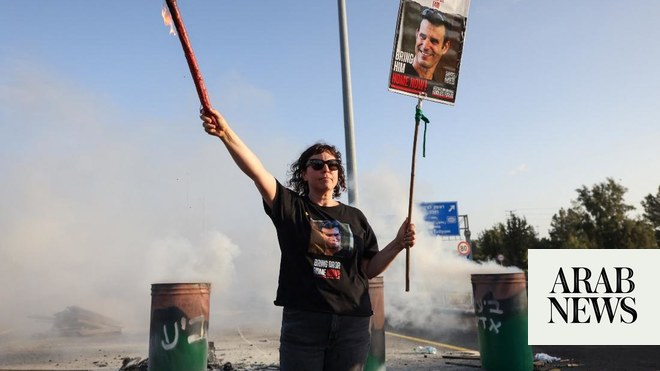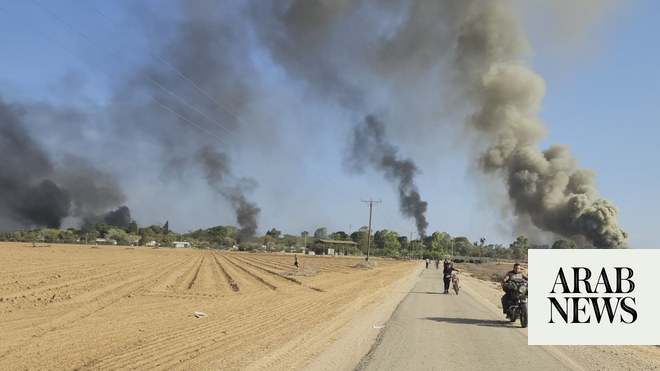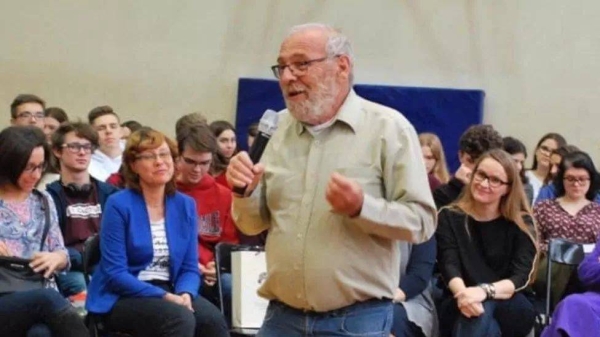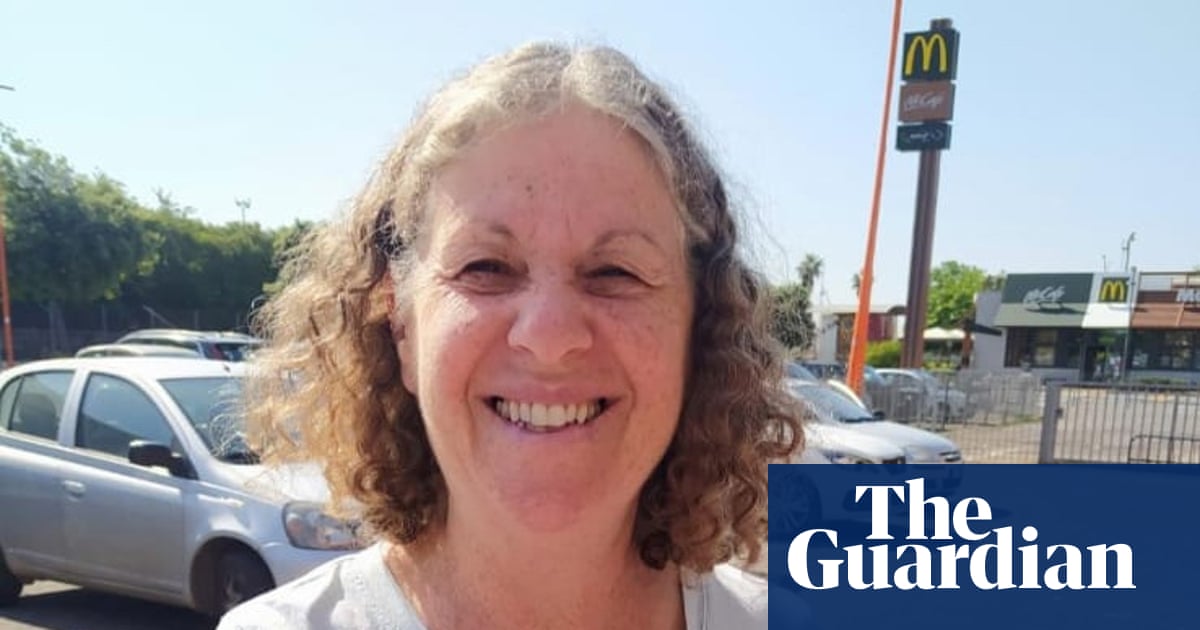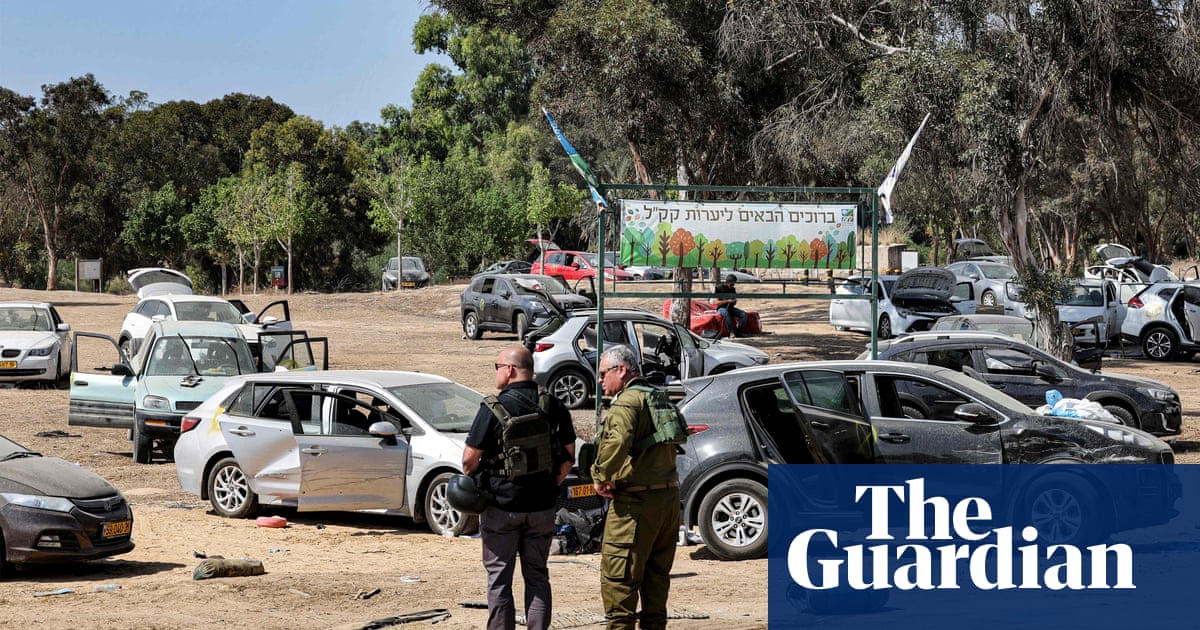
The Israeli military has confirmed 126 people who are being held as hostages by Hamas.
Authorities initially estimated about 150 Israeli and foreign captives after Hamas launched its deadly 7 October attack. However, Israeli officials said the number of known hostages had been revised down after bodies from the Hamas attack sites in southern Israel were found and identified.
Among them is the Israeli journalist Oded Lifshitz, 83, who was taken from his home in kibbutz Nir Oz with his 85-year-old partner, Yocheved, who had worked for decades for peace and the recognition of Palestinian rights.
For many years he wrote in the leftwing newspaper Al Hamishmar and in 1972 was one of the leaders in the defence of the Bedouin residents of the Rafah basin who were expelled by the occupation authorities in Sinai.
He was also among the first journalists who arrived in Sabra and Shatila in Lebanon and reported on the massacre that took place in the Palestinian refugee camps in Beirut in September 1982. In recent years he volunteered for a group that transports Palestinian patients for life-saving treatment in Israeli hospitals.
Other hostages appear to have been taken from their homes in the Israeli border communities that were overrun by Palestinian gunmen or were most likely seized from a wooded area near the border where they had spent the night at a music festival.
Among those believed to be hostages are eight Germans, five US nationals, two Mexican nationals and scores of Israelis.
The German government on Saturday reported “eight known cases” of hostages being held in Gaza by Hamas.
The mother of 22-year-old Shani Louk told the news outlet Der Spiegel she had recognised her daughter in online videos showing a woman lying seemingly unconscious face down in the back of a pickup truck in Gaza filled with armed men.
An American woman, Abbey Onn, who moved to Tel Aviv eight years ago, told CBS News earlier this week that five family members had been taken hostage.
Ofer Kalderon, 50, Sahar Kalderon, 16, Noya Dan, 13, Erez Kalderon, 12 and Carmela Dan, 80, lived in Nir Oz, a kibbutz in southern Israel that was attacked by rocket fire.
Voices for Hostages, an organisation set up in Israel after the attack, has appealed for more information about Erez, Sahar, who it said was in Gaza with her father, grandmother, brother and cousin who has special needs.
In the immediate aftermath of the Hamas attack, family members of the missing individually pleaded through TV, radio and social media, and phoned every possible contact, in a search for information about their relatives’ whereabouts.
Israel has named a contact for the families, Gal Hirsch, but the head of the national security council, Tzachi Hanegbi, said: “We are not negotiating with an enemy that we have promised to eradicate from the surface of the earth.”
During her visit to Israel two days ago, the European Commission leader, Ursula von der Leyen, raised concerns about hostages who are EU citizens or dual nationals among the 126, along with concerns for about 1,000 EU citizens trapped in Gaza, some of them working with NGOs and government bodies.
The numbers of Europeans have not been disclosed, and while there was some discussion in Brussels about a coordinated response, experience shows that each country will use whatever leverage it has for the release of their own nationals.
Israel said its forces had found the bodies of some hostages during raids into Gaza, without providing a number.
Hamas has claimed 22 hostages were killed in Israeli airstrikes, without providing evidence. It has warned it will kill hostages in response to unannounced Israeli strikes on civilian targets.




